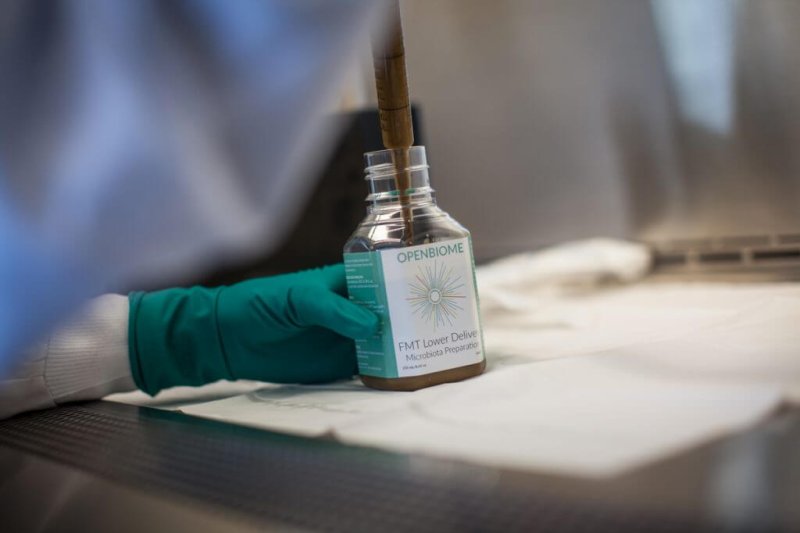To reset the microbiome, the best medicine comes from the last place you’d expect: a fecal transplant, in which a healthy person’s stool is transferred to the patient’s gut.
…
To recruit participants, OpenBiome, a nonprofit stool bank that supplies most of the material for transplants across the country, has crafted a slogan to stir altruistic zeal in potential donors: “Make Your Morning Routine Heroic.” They’ve found there’s no shortage of willing help, which makes sense considering how easy it is to help restore a fellow human’s health while earning $40 per donation. To think that all these years we’ve been flushing a miracle drug down the toilet.
The problem is not quantity, but quality. Donors at OpenBiome and other companies must pass intensive screenings — for allergies, medical and travel history, infectious diseases and much more — to guarantee the purity of their stool.
…
In the end, just 2 or 3 percent of potential donors are granted the privilege of passing along their poop.
…
As the industry scales up, and as more studies link a healthy gut to a healthy body, they hope to use machine learning and computational strategies to pin down “smoking gun” bacteria most effective at treating specific ailments.
Read full, original post: Where Does the Fecal Transplant Industry Get its Poop?































